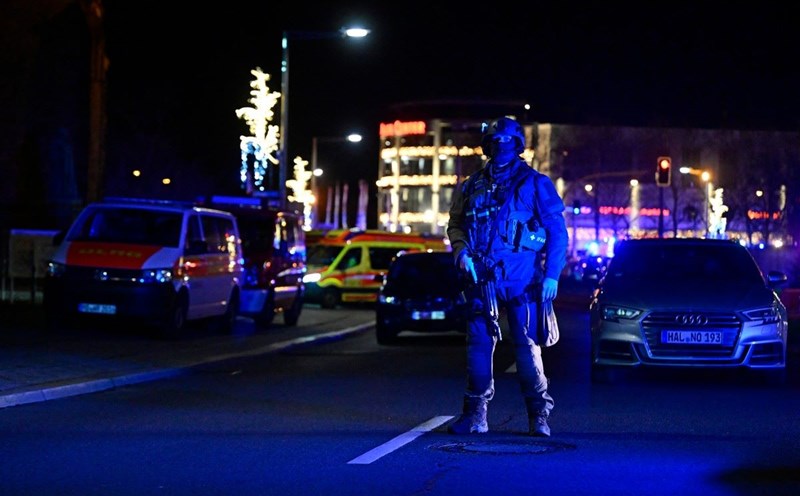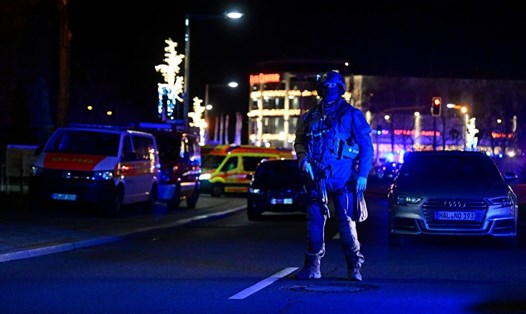The shock of the terrorist attack on the traditional Christmas market in the city of Magdeburg has pushed the parliamentary vote of no confidence in Chancellor Olaf Scholz out of the spotlight.
Mr. Scholz asked the German Parliament to vote for him with the understanding and with the aim of letting the parliament have no confidence and then asking the president to dissolve the parliament and hold parliamentary elections on February 23 next year, about 7 months ahead of schedule.
The subsequent terrorist attack in the city of Magdeburg has made internal security, Islam in Germany and refugees and immigration the dominant issues in the upcoming short election campaign in Germany.
It can be seen that Germany is currently in a state of insecurity and instability in many aspects. Mr. Scholz belongs to the Social Democratic Party of Germany (SPD) and heads the three-party coalition government consisting of the SPD, the Green Party and the Free Democratic Party (FDP).
Not long ago, FDP leader and Finance Minister Christian Lindner made recommendations to boost economic growth that were not accepted by Mr. Scholz. Before Mr. Lindner and the FDP publicly decided to withdraw from Mr. Scholz's coalition government, the chancellor fired Mr. Lindner and his coalition ministers.
With only the Greens in power, Scholz's government no longer has a majority in parliament. In order to dissolve parliament and hold early elections, Scholz must ask parliament to give him a vote of confidence, with the intention of letting parliament express its lack of confidence in the chancellor.
In 2005, German Chancellor Gerhard Schroeder (also from the SPD) did the same. In the subsequent snap parliamentary election, Schroeder's SPD narrowly lost to the Christian Democratic Union (CDU)/Christian Social Union (CSU) coalition - abbreviated as CDU/CSU - and Angela Merkel took power.
Now, the same thing will happen again. According to the results of opinion polls in Germany in recent days, the CDU/CSU with candidate for chancellor Friedrich Merz will win the highest percentage of votes, far ahead of the SPD and the Greens, but the far-right, populist and nationalist Alternative for Germany (AfD) will be the second largest political party in the parliament.
According to that, the new German chancellor, Mr. Merz, and Mr. Scholz have no chance of being elected German chancellor again.
However, the CDU/CSU must form a coalition with the Greens or the SPD to form a new government in Germany. It is not yet known whether Lindner's FDP, the Left Party, the Sahra Wagenknecht (a political group that split from the Left Party) and other political parties will be represented in the new parliament because it is not known whether they will win at least 5% of the vote or have at least 3 directly elected members of parliament.
The formation of a new government after the upcoming snap general election will therefore be more complicated than simple, more difficult than easy, more time-consuming than quick. Economy, security and refugees are the topics that voters in Germany are currently most concerned about. The recent terrorist attack in Magdeburg will have a profound impact on the course of the election campaign, and the final election results will certainly help the AfD party gain a high percentage of votes. German politics will lean towards the right.
Germany's political and social situation will continue to be turbulent and unstable. Therefore, the big question that is currently being asked but has not been answered is whether the upcoming change of government will bring a new political, social and economic start to Germany and will help solve the problems that are currently facing Germany.











